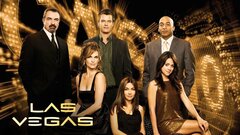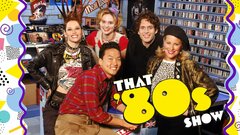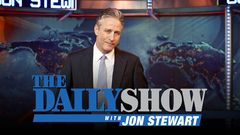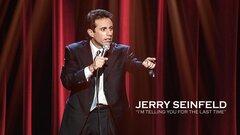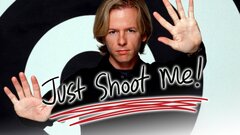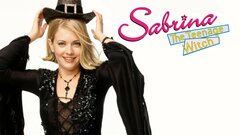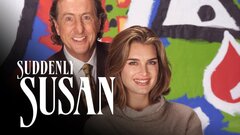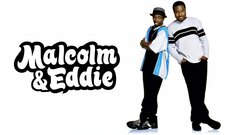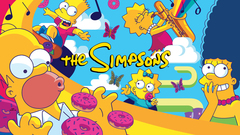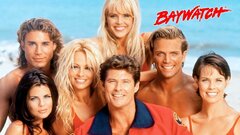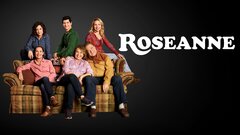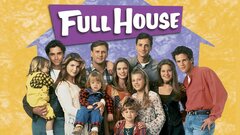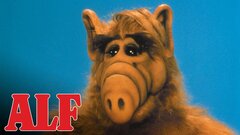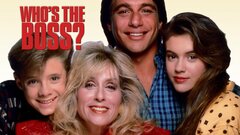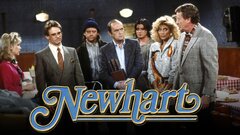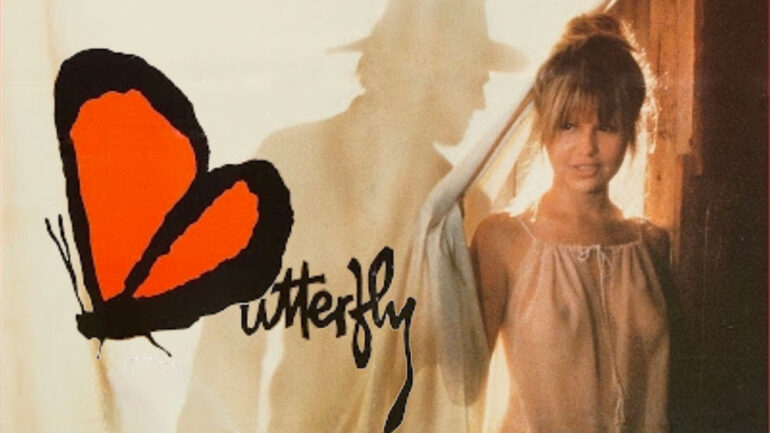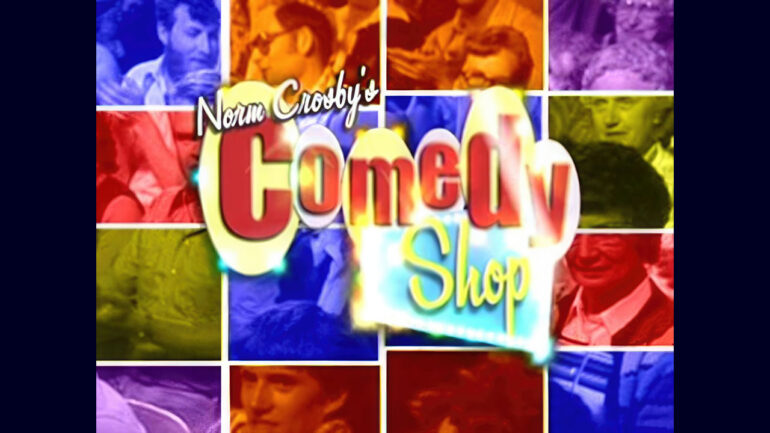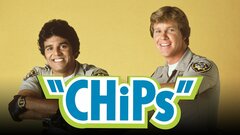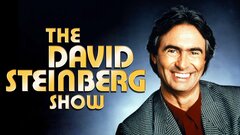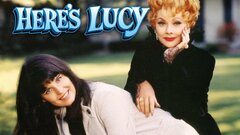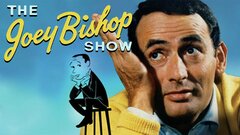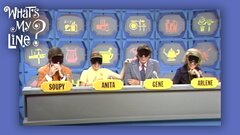Ed McMahon became that rare pop cultural mainstay - most recognizable for the sound of his voice. First and foremost, his nightly introduction of late-night TV icon Johnny Carson with his inimitable "He-eeeeeere's Johnny!" his "Hi-yo!" and unmistakable off-camera laugh made him one of the most lovable sidekicks in television history. McMahon came to engender the "second banana" - the professional co-host and the star's set-up man - leveraging his genial, Everymanesque celebrity into a raft of side projects and high-profile commercial spokesman jobs.
His booming voice made him a journeyman announcer through the early days of television, until the portentous link-up with Carson on a 1950s game show that would lead to a 34-year collaboration with the legend, with 30 of those years on Carson's landmark stint as host of "The Tonight Show" (NBC, 1962- ).
Within six months of his birth on March 6, 1923 in Detroit, MI, Edward "Ed" Leo Peter McMahon, Jr. had moved with his parents Eleanor and Edward Leo McMahon to Lowell, MA. But as a promoter and entrepreneur who often applied his skills to charities, clubs and hospital fundraising events up and down the Atlantic Corridor, Ed Sr. had the family moving constantly. In fact, Ed Jr. grew up in New York, New Jersey and Massachusetts, later claiming to have attended 15 different schools.
By his teen years, he began helping out his dad with his burgeoning talent for public address announcing. Looking to do "anything to do with a microphone," he called bingo games, worked as a circus barker and emceed talent shows at the local Elks Club.
After the U.S. entered World War II, McMahon joined the Marine Corps and graduated to fighter pilot training. He served as a flight instructor and test pilot during the war, and, upon his discharge in 1946, used his G.I. benefits to attend college - first at Boston College, then Catholic University in Washington, D.C., majoring in speech and drama. He helped pay his college expenses by hawking vegetable slicers in high-traffic locations like county fairs and the Atlantic City boardwalk.
He later remembered: "I made one hell of an income selling slicers in 1946," he recalled years later. "I was making $500 a week and at the fairs, and six weeks in the fall, we made $1,000 a week. To give you an idea of how much money that was, my rent was $93 a month, and you could buy a new car for $500 at that time."
McMahon graduated with a Bachelor of Arts degree in 1949 and his distinctive voice soon found work in the up-and-coming medium of television. He hired on with WCAU-TV in Philadelphia and by 1952, was reportedly working on 13 different local shows; even moonlighting as the announcer for local competitor WFIL's "Bandstand" (1952-57) music showcase. But as he had remained in the Marine Reserve upon his discharge, the worsening Korean War called him back to the service, and he shipped off to Korea in 1953, flying unarmed O-1E Bird Dog air reconnaissance and artillery spotting planes on 85 missions.
With the conflict ending in June of that year, McMahon returned to his old apartment complex in suburban Philly, his landlord having promising to hold a unit open for him while he was abroad, and met his new neighbor, another local broadcast talent, Dick Clark.
In the early days of television, the networks had difficulty filling out full broadcast days with original content, so in 1957, ABC put a call out to its owned-and-operated and affiliate stations seeking new shows. In 1956, Clark had assumed hosting duties for "Bandstand," and ABC picked it up for national broadcast, recasting it as "American Bandstand" (1957-1989) which, of course, put Clark on track as national arbiter of the rock & roll wave sweeping the country. Clark's ABC connection proved fortuitous as the network began developing a new game show in New York, called "Who Do you Trust?" He helped old neighbor McMahon snare an interview for the show's announcer position, conducted by none other than the show's host, Johnny Carson.
"I've waited for elevators for a longer time than this meeting took," McMahon recalled in his book, Here's Johnny!. He got the job, and "Who Do You Trust?" helped lay the groundwork for the informal banter that would become such a staple of American entertainment in coming years. With the actual game subordinate to Carson's ad-libbing with guests - even participating in demonstrations of their odd hobbies - it became more a showcase of the host's off-the-cuff humor, with his misses often covered by, or drawing razzing, from his announcer sitting in the wings. The show lasted until 1962, when NBC hired Carson to replace Jack Paar on its late-night talk show, "The Tonight Show," and Carson brought McMahon along for the amazing ride.
Carson's imprint on the show became legendary, but it also proved a perfect meld of McMahon's talents, both with his straight-man set-ups of Carson and his adeptness at the early TV practice of in-show commercials, so-called live spots (though not actually done "live" on taped shows like "Tonight"), which recalled McMahon's old boardwalk pitch days. True to the two friends' rhythmic symbiosis, for example, once during one of McMahon's live spots for Alpo dog food, the dog cast to eat the food simply walked away in the middle of the spot, prompting Carson to jump down to all fours, crawl over and take a bite himself. In these and myriad other incidents, Carson and McMahon found themselves ushering absurd, sometimes juvenile and occasionally embarrassing TV moments into people's living rooms. All of this absurdity prompted one of their regular bits, when they would look at each other and one would say wistfully, referring to themselves: "graduates of major universities."
As his name and voice reached household status, McMahon lengthened his résumé across a spectrum of formats. NBC gave him concurrent work hosting some of its game shows through the 1960s and into the 1970s, including "Snap Judgment" (1967-69) "Missing Links" (1963-64), a brief stint on the long-running "Concentration" (1958-1973) and the short-lived "Whodunit" (1979). In 1967, McMahon signed on to be Jerry Lewis' sidekick for his annual Labor Day Telethon for Muscular Dystrophy, a relationship that would last for four decades. He did stints anchoring coverage of the Macy's Thanksgiving Day Parade. He even scored a supporting role - in a rarity, not playing himself - in the 1977 feature comedy "Fun with Dick and Jane."
By the late 1970s, he was also becoming a prolific advertising spokesman, notably for American Family Publishing's Sweepstakes - in which he would famously show up with a big check to make random entrants wealthy - Colonial Penn Life Insurance, and Anheuser-Busch's Budweiser, which gave Carson more fodder for his regular and hilarious references to McMahon as a boozehound.
In 1982, McMahon hooked up with his old friend, Dick Clark, whose company partnered with Carson's eponymous production firm on a series of NBC comedy specials, initially called "TV's Censored Bloopers" and "Television's Greatest Commercials;" the latter hosted by McMahon and TV comedy journeyman, Tim Conway. Though generally just aired as filler programming, the specials rated well enough for NBC to commit to a hybrid series, "TV's Bloopers & Practical Jokes" (1984-86) starting in the fall of 1984 and hosted by both Clark and McMahon.
Meanwhile, in 1983, McMahon made his famous foray into syndicated television as host of a concept that would anticipate a glut of hybrid reality/game shows two decades hence: "Star Search" (1982-1995). Essentially a talent show covering multiple genres of entertainment, "Star Search" served as an early stopover for comedians such as Drew Carey, Brad Garrett, Sinbad, Carrot Top and Rosie O'Donnell, as well as country music acts Sawyer Brown and LeAnn Rimes.
In short, McMahon became ubiquitous - a big, jovial voice and increasingly grandfatherly countenance known best for being "the human laugh-track" at the end of Carson's couch and for, well, being ubiquitous. Send-ups of McMahon became nearly as frequent across the pop-cultural skein, most notably in a parody song by Weird Al Yankovic and Phil Hartman's imitation on "Saturday Night Live;" the latter actually adding a catchphrase to McMahon's repertoire, "You are correct, sir!"
In a devilishly hilarious homage, HBO's groundbreaking inside-showbiz sitcom "The Larry Sanders Show" (1992-98) portrayed a fictional talk show that featured Hank Kingsley (Jeffrey Tambor), an unctuous, marginally talented, corporate endorsement-obsessed second banana to Garry Shandling's pathologically insecure title character. Though the Sanders character obviously drew much from Carson protégé and CBS late-night staple David Letterman, Shandling - a former Carson guest-host - intimated that the love/futz/abide dynamic between the two, as well as producer Artie (Rip Torn), offered a hyperbolized peek at the behind-the-scenes relationships at "The Tonight Show."
McMahon, who graciously did a cameo on one "Sanders" episode, had his share of discomfiture with his own corporate relationships: Colonial Penn coming under scrutiny in the late 1980s for offering seniors health insurance at deceptive rates, and American Family Publishing file for bankruptcy in 1999 after years of public contention and even litigation over how it promoted its sweepstakes ("You may have already won!"). One of McMahon's own funny recollections about the "Artie" of "The Tonight Show," producer Fred de Cordova, could have come right out of a "Sanders" script. A few years before Carson stepped down, de Cordova and McMahon were having drinks at the renowned Beverly Hills restaurant Chasen's, when de Cordova said, "Ed, I want to tell you something. I've been producing this show for 20 years and I still don't know exactly what it is you do, but whatever it is, you're the very best at it."
When Carson retired from "The Tonight Show" in 1992, so did McMahon. Carson rigorously maintained off-camera privacy throughout his career, but McMahon maintained they shared an intimate and respectful friendship until Carson's death from cancer in 2005. Despite stepping down to make way for Jay Leno and crew, McMahon remained busy with "Star Search" for another three years, and in 1997, even netted a regular cast role in the Tom Arnold sitcom "The Tom Show" (The WB, 1997-98), but the balance of his work since that time was largely guest appearances playing himself.
He did return to the second banana role briefly in 2004, reenacting his Carson duties alongside the furry, wisecracking "alien" puppet ALF in "ALF's Hit Talk Show," which ran only seven episodes on TV Land. Early in the show, he asked, himself as much as ALF, "Why am I doing this?"
The broader impetus may have resided in the deterioration of McMahon's financial circumstances. In 2002, a burst water pipe in his Beverly Hills house had turned even uglier. In the aftermath of the repair and cleanup, a toxic mold developed in the house, causing the death of the family dog and his wife Pamela (McMahon's third marriage) and members of the household staff to become ill as well. McMahon sued his insurance company, insurance adjusters and contractors for negligence, settling the case out of court for a reported $7.2 million. But more recently, as the economy took a downward turn, that same home became a liability for McMahon, drawing a spotlight to a rarified corner of the U.S. housing crisis - that even celebrities were not immune from the hostile economic environment.
In March 2008, Countrywide Financial Corp. filed a notice of the McMahons' default on $4.8 million in mortgage loans, news of which was made public in June. Citibank compounded matters on June 9, suing to recover $179,687 it had loaned the announcer. McMahon told CNN's Larry King that the six-bedroom, five-bath house had been on the block for two years, listed at $6.25 million, but with the housing market ebbing, then crashing, he had received no offers and faced foreclosure. Appearing on King's show in a neck-brace, he claimed he had broken his neck 18 months previous, which had prevented him from working, but did not offer details as to how he had incurred the injury. A spokesman later claimed he had taken a nasty fall. McMahon called his circumstance a "perfect storm," saying "If you spend more money than you make, you know what happens," he told King. " a couple of divorces thrown in, a few things like that. And, you know, things happen."
On June 23, 2009, McMahon died with his wife, Pam, and other family members at his side after suffering from a multitude of health issues. He was 86.







